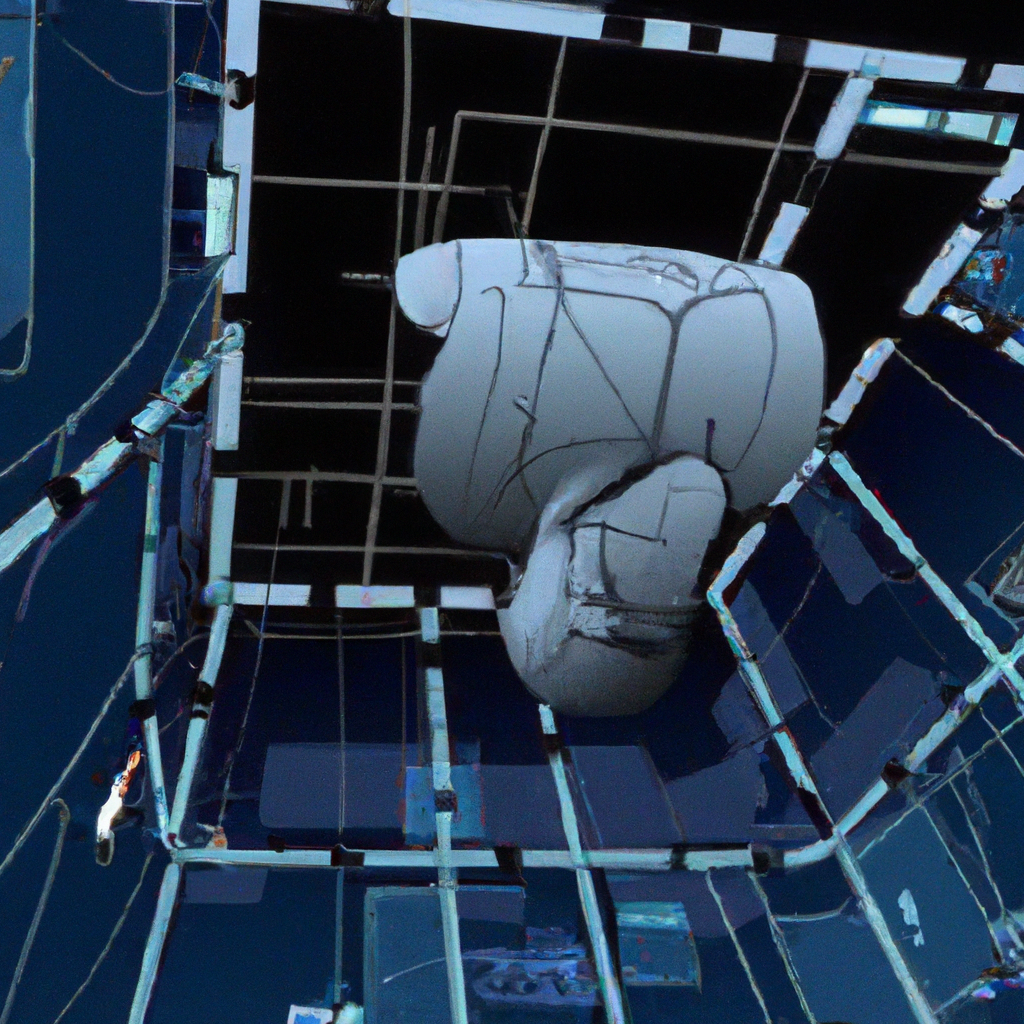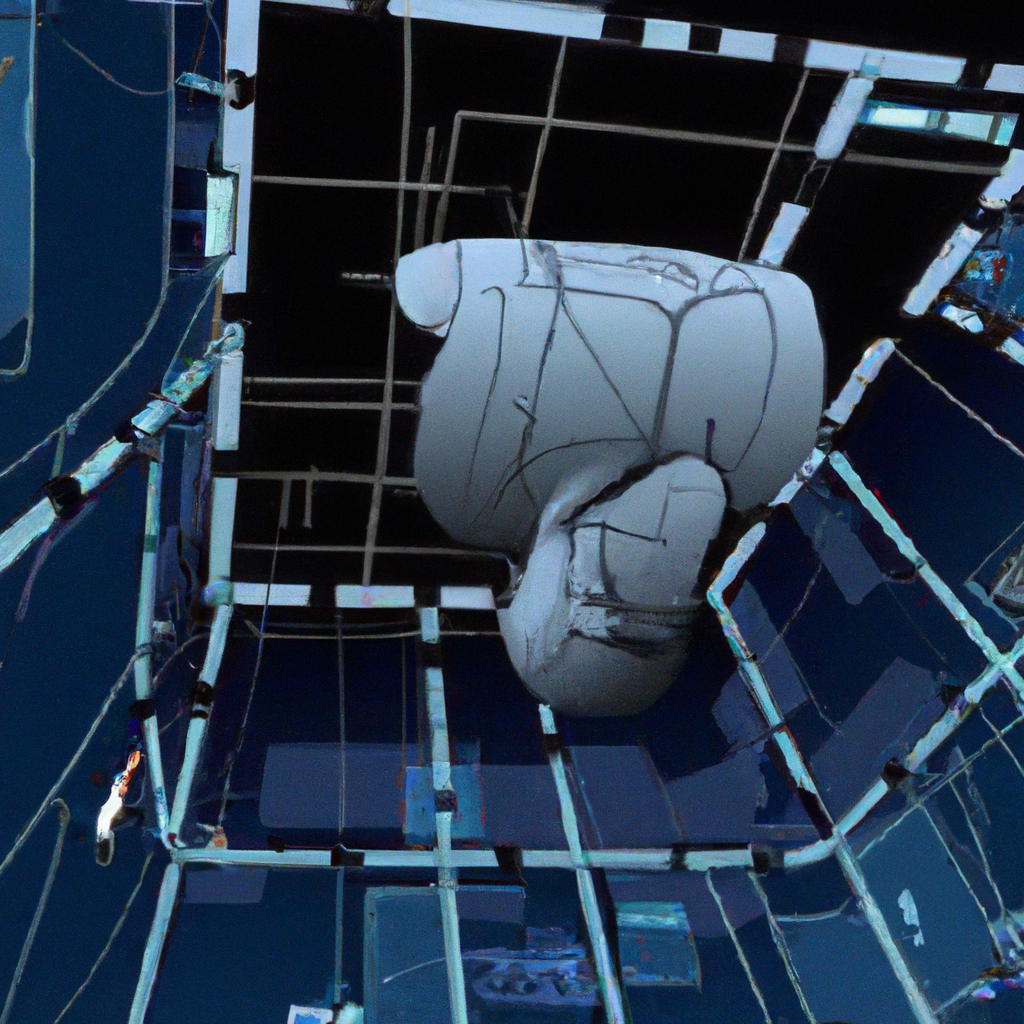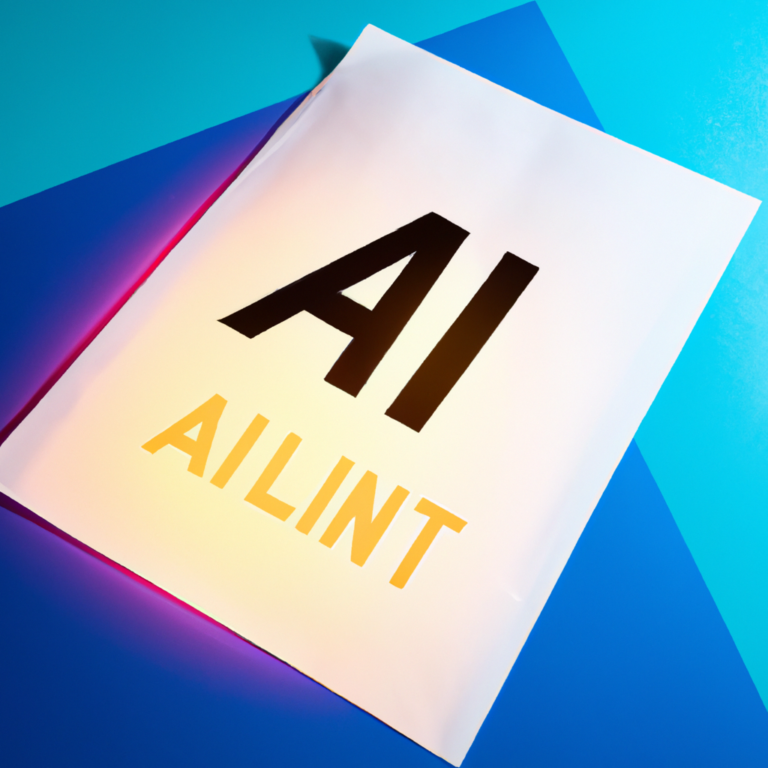AI And The Future Of AI In The Metaverse: How AI Is Shaping The Future Of The Virtual World

Imagine a world where Artificial Intelligence (AI) and the metaverse converge, creating a virtual realm like no other. This article explores the exciting possibilities that AI brings to the future of the virtual world, uncovering how it is shaping the metaverse as we know it. From realistic virtual worlds to intelligent virtual beings, AI holds the promise of transforming our digital experiences and revolutionizing the way we interact, learn, and entertain ourselves in the metaverse. So, buckle up and get ready to embark on a journey through the boundless potential of AI in the metaverse.
Overview of AI in the Metaverse
The metaverse is a virtual reality space that encompasses virtual worlds, augmented reality, and the internet. It is a digital realm where individuals can interact with each other and the environment in a virtual setting. As technology continues to advance, artificial intelligence (AI) is playing a crucial role in shaping the future of the metaverse. AI is being used to enhance the virtual reality experience, create realistic non-player characters (NPCs) and avatars, personalize user experiences, analyze user behavior, and even power virtual economies. In this article, we will explore these various roles of AI in the metaverse and discuss the challenges and future developments in this exciting field.
The Concept of the Metaverse
The metaverse is a concept that has been popularized by science fiction novels and movies. It refers to a collective virtual shared space, created by the convergence of virtually enhanced physical reality and physically persistent virtual reality. In simpler terms, the metaverse is a digital universe that is accessible through virtual reality technology. It is a place where people can interact with each other and the environment in a realistic and immersive manner, regardless of their physical location. The concept of the metaverse has gained significant attention in recent years, with many companies and individuals working towards creating a fully-functional and interconnected virtual world.

The Role of AI in the Metaverse
AI plays a crucial role in the development and advancement of the metaverse. It is utilized in various ways to enhance the user experience, create realistic virtual entities, and analyze user behavior. Let’s explore some of the key roles of AI in the metaverse:
1. Enhancing Virtual Reality Experience
AI technology is used to enhance the virtual reality experience by providing more realistic environments, interactions, and sensory feedback. For example, AI algorithms can be used to simulate realistic physics, generate dynamic and interactive virtual objects, and even enhance the visual and auditory aspects of the virtual world. This enables users to have a more immersive and engaging experience in the metaverse.
2. Enabling Realistic NPCs and Avatars
AI algorithms are used to create realistic non-player characters (NPCs) and avatars in the metaverse. NPCs are virtual characters that interact with players and provide a sense of realism and immersion to the virtual world. AI-powered algorithms can generate NPCs that exhibit human-like behaviors and responses, making the interactions with them more dynamic and lifelike. Similarly, AI algorithms can also be used to generate realistic avatars for the users themselves, allowing them to personalize their virtual identities and fully immerse themselves in the metaverse.
3. Personalized User Experiences
AI algorithms can analyze user data and preferences to provide personalized experiences in the metaverse. By leveraging machine learning and data mining techniques, AI can understand user behavior, preferences, and habits, and tailor the virtual environment and interactions accordingly. This personalization aspect of AI in the metaverse ensures that each user has a unique and customized experience, enhancing user satisfaction and engagement.
4. AI-Powered Behavioral Analysis
AI algorithms can analyze user behavior in the metaverse to gain insights and make predictions. This behavioral analysis can be used to monitor user engagement, identify trends and patterns, and even detect anomalies or potential risks. By analyzing user behavior, AI can improve the overall virtual environment, predict user preferences, and even identify potential issues or areas for improvement.
5. Smart Cities and Smart Spaces
The metaverse has the potential to extend beyond virtual reality and have an impact on the physical world as well. AI can be used to power smart cities and smart spaces within the metaverse, creating virtual environments that replicate real-world cities and spaces. AI algorithms can simulate traffic patterns, manage energy consumption, optimize resource allocation, and even enable virtual collaborations and interactions within these smart cities and spaces. This integration of AI and the metaverse brings about a new level of interconnectivity and seamless integration between the virtual and physical worlds.
6. AI in Virtual Economy
AI plays a crucial role in the virtual economies that exist within the metaverse. Virtual economies are systems where virtual goods and services are bought, sold, and traded using virtual currencies. AI algorithms can be used to power and manage these virtual economies, enabling the creation and distribution of virtual goods and services, regulating supply and demand, and even detecting and preventing fraudulent activities. AI-powered virtual economies have the potential to revolutionize industries such as gaming, entertainment, and e-commerce within the metaverse.
Challenges and Future Developments
While AI holds immense potential in shaping the future of the metaverse, there are several challenges and areas for future development. One of the key challenges is ensuring the ethical use of AI in the metaverse. As AI becomes more integrated into the virtual world, it is essential to address concerns such as privacy, security, and the potential for misuse or abuse of AI-powered technologies.
Another challenge is creating seamless interactions between AI systems and human users within the metaverse. This involves developing natural language processing capabilities, emotional intelligence, and understanding human intent and context. Improving the user experience and making interactions with AI systems more intuitive and human-like will be critical for the widespread adoption and acceptance of AI in the metaverse.
Furthermore, the development of AI algorithms that can simulate complex social interactions and emotions is still an ongoing area of research. Creating NPCs and avatars that can interact and respond in a realistic and emotionally intelligent manner will require advancements in natural language processing, machine learning, and cognitive computing.
In conclusion, AI has a significant role to play in shaping the future of the metaverse. From enhancing virtual reality experiences to creating realistic NPCs and avatars, and enabling personalized user experiences, AI is at the forefront of innovation in the virtual world. As technology continues to advance and new challenges emerge, the potential of AI in the metaverse is limitless. With the right investment, research, and ethical considerations, AI can pave the way towards a more immersive, interactive, and interconnected virtual world. So get ready to explore the metaverse, where AI is shaping the future of the virtual world!
Want to write articles like us? Get your copy of AI WiseMind here!







